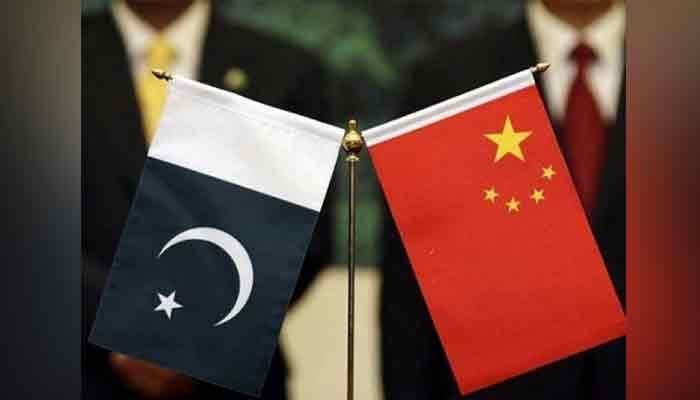By Staff Reporter
ISLAMABAD: China has agreed to roll over a $2 billion loan to Pakistan on existing terms, after initially seeking a higher interest rate, as the South Asian nation struggles to maintain its foreign exchange reserves amid mounting debt payments, local media reported on Thursday.
The two countries reached an understanding to extend the repayment period of the loan, which was due on March 23.
The loan has been extended for one year after the interim Prime Minister Anwaarul Haq Kakar formally requested the Chinese government to defer the loan last month. Caretaker finance minister Shamshad Akhtar confirmed the Chinese rollover to the media.
Over the past decade, Pakistan has adopted a policy to seek loans from regional countries during difficult times; however, it has not been able to strengthen its repayment capacity, and as a result, these loans are extended at the time of their maturity.
Pakistan relies heavily on deposits from China, Saudi Arabia, and the United Arab Emirates to shore up its reserves, which stood at $8 billion as of February 21, barely enough to cover two months of imports.
The country paid Rs26.6 billion in interest to the three nations on the $9 billion deposits they placed with the State Bank of Pakistan in the last fiscal year. The interest cost jumped 118 percent from the previous year, when the country had made Rs12.2 billion in interest payments, mainly due to the currency devaluation.
The rupee lost 24 percent of its value against the dollar in the fiscal year ended June 2023, when the country was in a $6 billion bailout program with the International Monetary Fund. The programme, however, was scrapped halfway down on the differences between the lender and borrower on key fiscal reforms. Later, IMF extended a $3 billion standby deal in July 2023 to Pakistan to overcome its immediate default risks.
The IMF deal prompted Saudi Arabia and the UAE to increase their exposure to Pakistan, taking the total deposits from the three regional allies to $12 billion. The interest cost on these deposits is expected to rise further in the current fiscal year.
Pakistan also paid Rs42.1 billion to China in the last fiscal year for using a $4.5 billion trade finance facility under a bilateral currency swap arrangement. The facility, which is part of the $8 billion reserves, was fully utilized by Pakistan to repay foreign debt and support its balance of payments.
China has also extended $4 billion worth of deposits under the SAFE framework, which are also included in the reserves. Pakistan’s gross reserves are now insufficient to service these two Chinese facilities. Pakistan faces a challenging debt repayment schedule in the next few years, as it has to repay or refinance about $$24.5 billion of external debt, including $12.4 billion of IMF loans, by June 2024.
The country’s external debt stock – denominated largely in dollars – is also heavily skewed towards bilateral and multilateral creditors, which comprise roughly 85 percent of the total. The country’s debt-to-GDP ratio is already above 70 percent, and the IMF and credit rating agencies estimate that the interest payments on its debt will soak up 50 percent and 60 percent of the government’s revenues this year. That is the worst ratio of any sizable economy in the world.
Pakistan’s vulnerable external position means that securing financing from multilateral and bilateral partners will be one of the most urgent issues facing the next government.
Copyright © 2021 Independent Pakistan | All rights reserved




